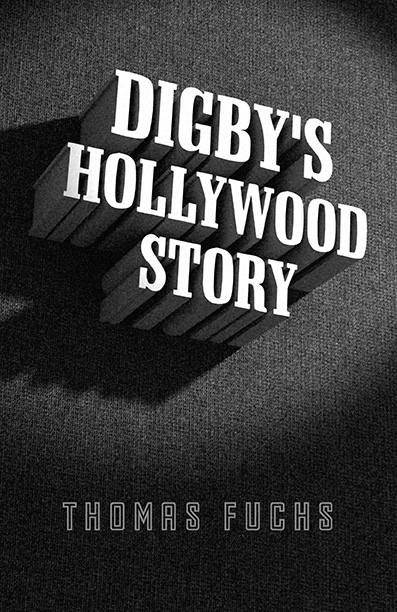The Sky Isn’t Blue, by Janice Lee
Bear with me for a moment.
Have you ever been in group therapy? Group therapy has a stigma, partially deserved and largely undeserved, for being this boring, sad assemblage of people half-whispering self-help mantras or trying to find their collective “happy places”. But do you know what the real purpose of group therapy is? Empathy. In moments of depression and confusion, it is almost impossible not to feel an intense abandonment and persecution, as if the insanity of the world has turned its whimsical focus on you and you alone. Group therapy is meant to reveal to the individual seeking help that they are much more than just an individual; to lift the veil blocking out light and sound and connection with other people, many of whom are experiencing eerily similar pain and perceived isolation.
Why do I bring this up? Because Janice Lee’s The Sky Isn’t Blue is a beautiful exercise in empathy born of shared experience. Typically authors are discouraged from being brave with their work, especially now when most of us are expected to churn out models from and for the assembly line. But this book tries to be so many things at once that it is a miracle it isn’t crushed under the weight of its ambition or the sheer number of concepts it brings to the table. Here are just a few:
This book is confessional. The language alternates between hesitant and reserved and vomitous and unfiltered. It speaks with the voice of one who has a great deal of difficulty divulging the personal information at hand, and with the voice of one who holds her hand over flame anyway, expelling the admissions out some deep seeded need. “Tide Pools & Rain”, for example, is, to me, a beautiful treatise of guilt and the acceptance of emotional vulnerability.
This book is metaphysical. Is the book made of essays? Poems? Short stories? Yes to all, and no to all. The speaker(s) sits in a perpetual stillness between violently contrasting dichotomies: pain and pleasure; hope and memory; elation and grief; suffocation and isolation; empirical observation and sublime hallucination. And yet neither the stillness nor the boundaries between the dichotomies are impermeable, to the speaker’s wonder and terror. “Mornings in Bed” encapsulates this succinctly, taking one of the simplest throwaway moments of your day and using it to highlight the madness of opposing forces.
This book is explanatory. The text is inevitably drawn back to a state of defending poetry, defending poets, and defending expression. The work needs you to understand what it means to write, to write poetry, what poetry is, and what an author is. Or, perhaps, the work is going to do everything it can with the English language to try and explain it to you. And the way the work goes about this is not using textbook definitions or even elaborate rules; the book does its absolute damndest to induce sensory experiences. You can be told fire is hot, but it does not prepare you for touching flame. “The Salton Sea” is as much argumentative as it is a compilation of memory, switching back and forth between poignant citations and symbolic recollection.
I would hope that any potential reader could see the empathetic value in such a work. Lee is expressing a great deal of what it is to live as a writer, and not the cliché stereotypes of the mopey half-bum or the misunderstood genius. She explores what it can be like for someone whose mind has intimately experienced the existential crises that can arise from confronting the nature of the world around you. She explores the frustration and maniacal joy of trying to express transcendence with mortal language. But critically, she seems to never ask for sympathy. This is not a social media post begging for attention or meaningless platitudes. It is an intimate look into a mind “touched” by some Hegelian sense of spirit and possessed by a need to make a proper record of what it sees.
If it isn’t clear by now, I highly recommend this book. It is easy to read and yet wonderfully complex, giving you ample reason to pick it up again and again.
The Sky Isn’t Blue is available now through Civil Coping Mechanisms.



